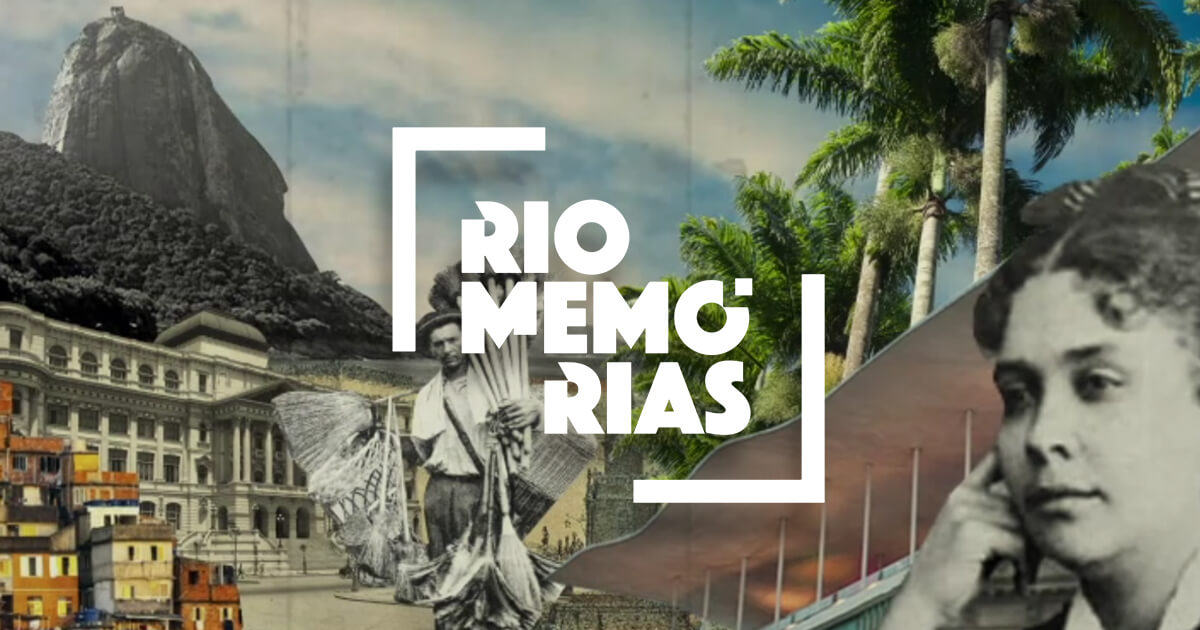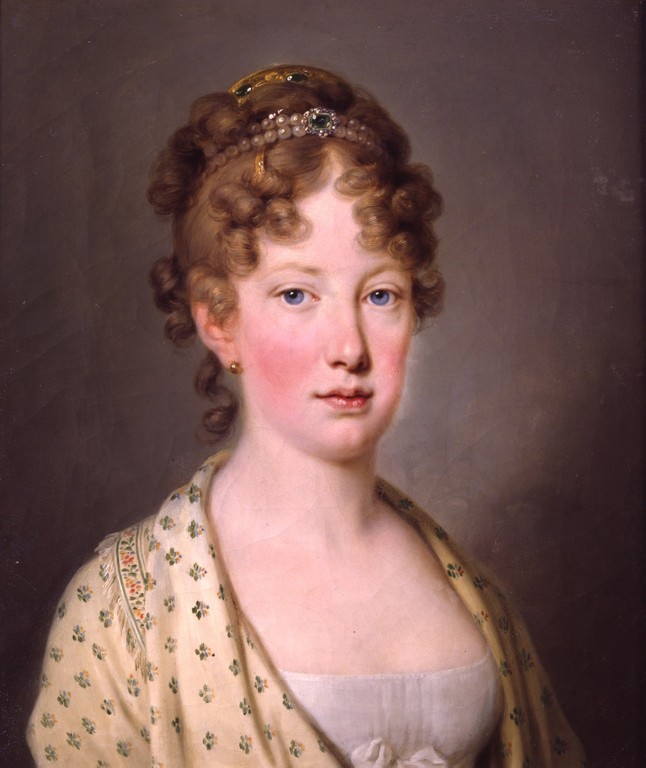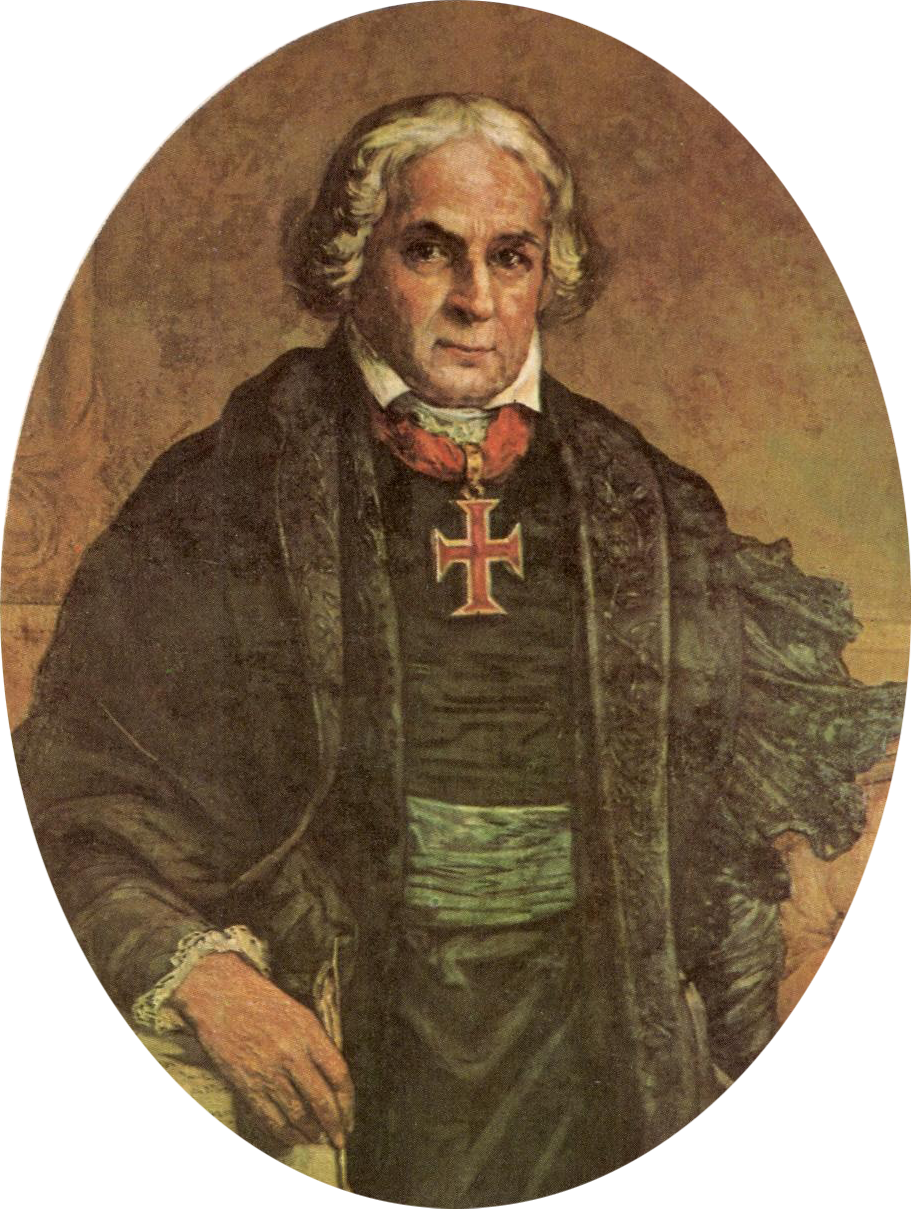Red velvet
Chieftain
- Joined
- Jul 12, 2020
- Messages
- 21
Tavern Profession.

Samuel Nicholas (ca.1744–1790), senior officer of American Marines, was born at Philadelphia, the son of Andrew and Mary Shute Nicholas—his father a prosperous Quaker blacksmith; his mother sister of Attwood Shute, Mayor of Philadelphia 1756–1758. In 1751 at age 7, sponsored by his uncle, he enrolled at the newly-established Philadelphia Academy (with which the College of Philadelphia, now the University of Pennsylvania, was affiliated upon its founding in 1754). With classmates from prominent Philadelphia families, many of whom played important roles in the Revolution 15–20 years later, he completed his studies in 1759. The next year, at age 16, Nicholas was admitted to the exclusive Schuylkill Fishing Company, whose “associates assembled frequently on the banks of the river for fishing, fowling and feasting.” In 1766, at age 22, he was one of the organizers of America’s first hunt club, the Gloucester Fox Hunting Club, some of whose members—“generally of conspicuous prominence in the affairs of the day”—formed in 1774 the Light Horse of the City of Philadelphia.
By this time, Nicholas was proprietor of the popular tavern the Connostogoe Wagon, a business of the family of Mary Jenkins, whom he married in 1778. Public houses, and more specifically taverns, played an especially important role — they weren’t simply places to drink. Rather, they served as a venue to meet like-minded individuals, and functioned as clearinghouses and test beds of revolutionary ideas. As the colonies took shape, taverns became central locations for several aspects of colonial life. Early colonists adopted a practice used frequently in Europe and established taverns as a place to collect and distribute mail sent from overseas. Taverns were also “utilized as meeting places for assemblies and courts” and became a central location for discussion and debate. In taverns across the colonies, literate patriots drank and read the news of the day aloud to their fellow revelers, thereby stoking revolutionary fervor. The network of taverns not only provided travelers with a place to rest and enjoy a beverage, but also a place to bring news from other colonies, and promulgate ideas from the likes of Thomas Paine, James Chalmers, and Thomas Jefferson.
Historically, the tavern was a popular destination for military recruitment, with Ben Franklin recruiting for the Pennsylvania Militia there in 1756. Eventually, the tavern would play host to Washington, Jefferson, and the First Continental Congress, who would task the tavern’s owner, Samuel Nicholas, “to raise the first two battalions of Marines” out of the tavern’s guests (although some speculate this occurred at another tavern owned by the Nicholas family, the “Conestoga Waggon”). In 1775, the Second Continental Congress began looking for a means of resolving a chronic shortage of seaman for its fledgling navy. On 5 November, it commissioned Nicholas Captain of Marines. On 10 November, the date that today’s United States Marine Corps celebrates as its birthday, it authorized the enlistment of two battalions of Marines. Recruiting for duty aboard the 24-gun frigate Black Prince (later renamed Alfred) began at Philadelphia’s Tun Tavern whose owner, Robert Mullan, also was appointed captain.
Samuel Nicholas (ca.1744–1790), senior officer of American Marines, was born at Philadelphia, the son of Andrew and Mary Shute Nicholas—his father a prosperous Quaker blacksmith; his mother sister of Attwood Shute, Mayor of Philadelphia 1756–1758. In 1751 at age 7, sponsored by his uncle, he enrolled at the newly-established Philadelphia Academy (with which the College of Philadelphia, now the University of Pennsylvania, was affiliated upon its founding in 1754). With classmates from prominent Philadelphia families, many of whom played important roles in the Revolution 15–20 years later, he completed his studies in 1759. The next year, at age 16, Nicholas was admitted to the exclusive Schuylkill Fishing Company, whose “associates assembled frequently on the banks of the river for fishing, fowling and feasting.” In 1766, at age 22, he was one of the organizers of America’s first hunt club, the Gloucester Fox Hunting Club, some of whose members—“generally of conspicuous prominence in the affairs of the day”—formed in 1774 the Light Horse of the City of Philadelphia.
By this time, Nicholas was proprietor of the popular tavern the Connostogoe Wagon, a business of the family of Mary Jenkins, whom he married in 1778. Public houses, and more specifically taverns, played an especially important role — they weren’t simply places to drink. Rather, they served as a venue to meet like-minded individuals, and functioned as clearinghouses and test beds of revolutionary ideas. As the colonies took shape, taverns became central locations for several aspects of colonial life. Early colonists adopted a practice used frequently in Europe and established taverns as a place to collect and distribute mail sent from overseas. Taverns were also “utilized as meeting places for assemblies and courts” and became a central location for discussion and debate. In taverns across the colonies, literate patriots drank and read the news of the day aloud to their fellow revelers, thereby stoking revolutionary fervor. The network of taverns not only provided travelers with a place to rest and enjoy a beverage, but also a place to bring news from other colonies, and promulgate ideas from the likes of Thomas Paine, James Chalmers, and Thomas Jefferson.
Historically, the tavern was a popular destination for military recruitment, with Ben Franklin recruiting for the Pennsylvania Militia there in 1756. Eventually, the tavern would play host to Washington, Jefferson, and the First Continental Congress, who would task the tavern’s owner, Samuel Nicholas, “to raise the first two battalions of Marines” out of the tavern’s guests (although some speculate this occurred at another tavern owned by the Nicholas family, the “Conestoga Waggon”). In 1775, the Second Continental Congress began looking for a means of resolving a chronic shortage of seaman for its fledgling navy. On 5 November, it commissioned Nicholas Captain of Marines. On 10 November, the date that today’s United States Marine Corps celebrates as its birthday, it authorized the enlistment of two battalions of Marines. Recruiting for duty aboard the 24-gun frigate Black Prince (later renamed Alfred) began at Philadelphia’s Tun Tavern whose owner, Robert Mullan, also was appointed captain.








